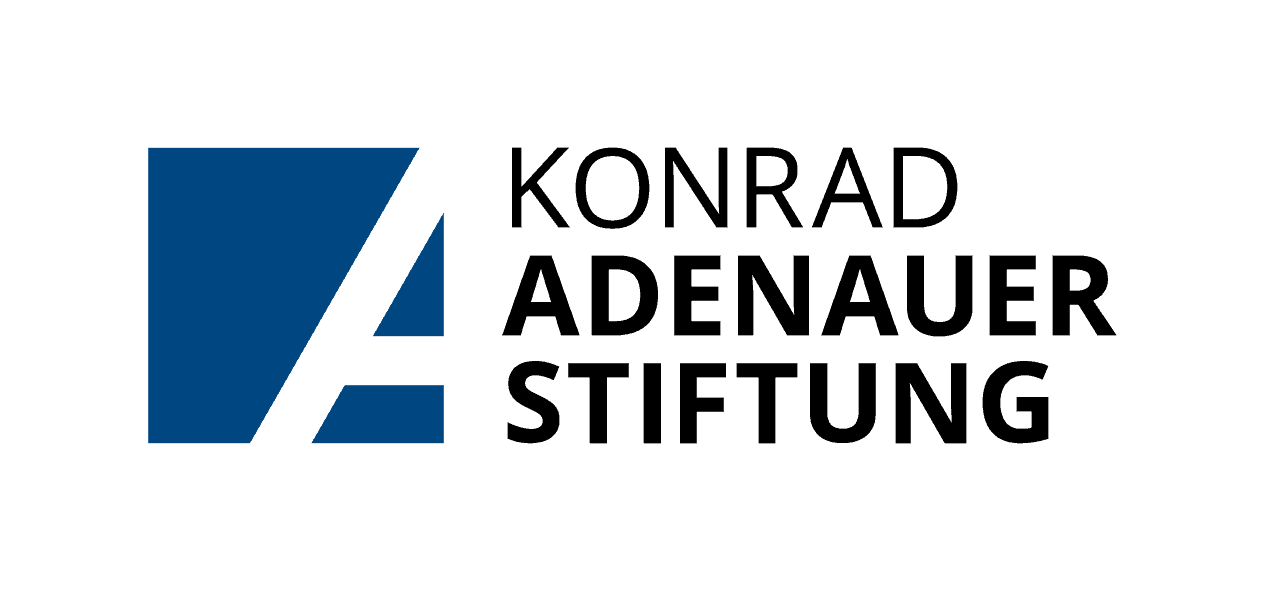We call official spokespeople and lobbyists ‘spin doctors’: They are paid to make their employer’s case and put the most positive interpretation – spin – on events. But it is not always easy to spot the spin doctor. Obviously, the minister’s press liaison officer is one. But what about journalists who are secretly paid to promote a certain cause or a party? What about story packages covertly fed to the press by official or commercial sources working underground? Or ‘experts’ actually paid by a commercial company to promote certain products? Or material anonymously passed on to un-vetted websites? All of these unconventional spin doctors are increasingly used to promote causes, big and small. For example, the U.S. government used a commercial company to ‘manage’ the public image of the Gulf War, and its CEO proudly described himself as an ‘information warrior’.
However, it is easier to deal with an acknowledged spin doctor than with fake news. You know that the minister’s spokesperson is paid to gloss over problems and spotlight achievements. Only the most unskilled will actually lie because it is easy to disprove lies with minimal research. And thorough preliminary research coupled with good interviewing techniques can shake evasions and misleading emphases. Remember, spokespeople are just doing their jobs, as you are doing yours.
Besides official spokespersons, governments and many large corporations have intelligence agencies trying to covertly advance their bosses’ objectives. The U.S. government used its intelligence agencies to plant stories in the media about Saddam Hussein’s ‘weapons of mass destruction’ which, as it turned out later, he did not possess.
Planting stories is daily routine for secret services, which run entire departments aimed at influencing the media. They often spy on journalists to find out what investigators know, and even attempt to recruit them. But just as often, they feed journalists information with the objective of getting their desired slant in an article, which would in turn be read by the public. Be alert when someone seems all too willing to ‘help’ you with important tapes and documents, even if their motivations sound plausible.
Evelyn Groenink, who founded the Forum for African Investigative Reporters Network, investigated the killing of Dulcie September, a representative of the African National Congress in Paris in 1988. In this case, the French secret services planted many false reports in the newspapers ‘identifying’ foreign killers to obscure their own role. Groenink was once promised “300 hours of tape-recorded conversations with a known French arms dealer by a businessman who had been duped. The source seemed to have a reasonable motive for going to the press: revenge after having been defrauded. But when Groenink started asking questions about the massive amounts of money, time, surveillance opportunities, plane tickets and network of contacts that the defrauded victim appeared to have at his disposal, the source flew off to London, where he lived and where, Groenink now suspects, worked for either the U.K. government or its arms industry.
As a rule of thumb, it is always better to find sources yourself than to allow them to find you. A ‘deep throat’ who claims that you must meet in a dark alley and never tell a soul about the meeting because ‘they are after him’, may very well be a part of ‘them’! You will often encounter sources who are reluctant to speak, insist that what they tell you is off-the-record, or will not agree to be named. But you must know who the person is — whether his background checks out and if he is qualified to speak about what he says he knows.

